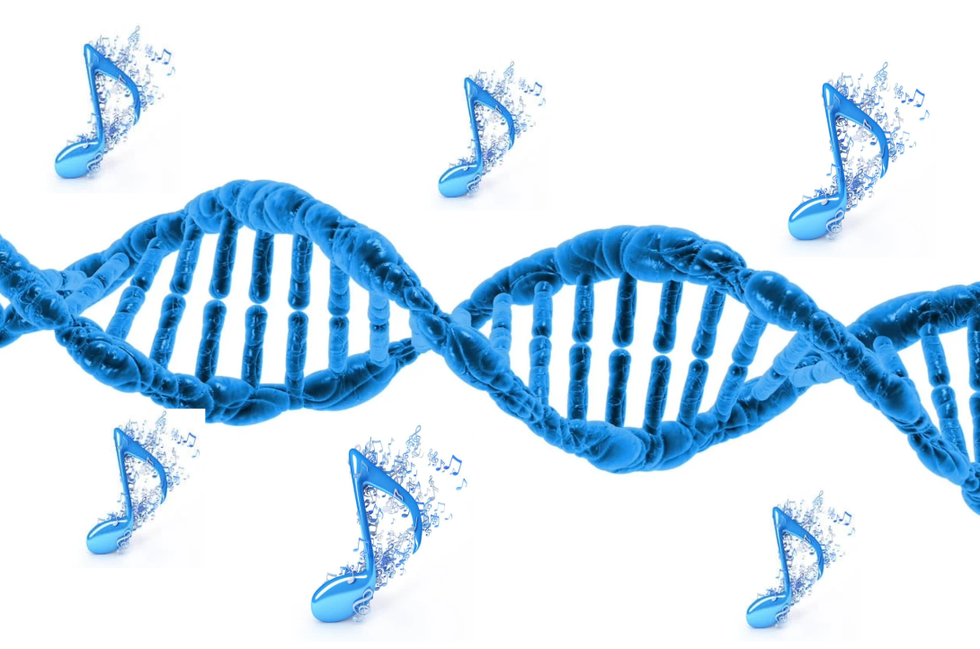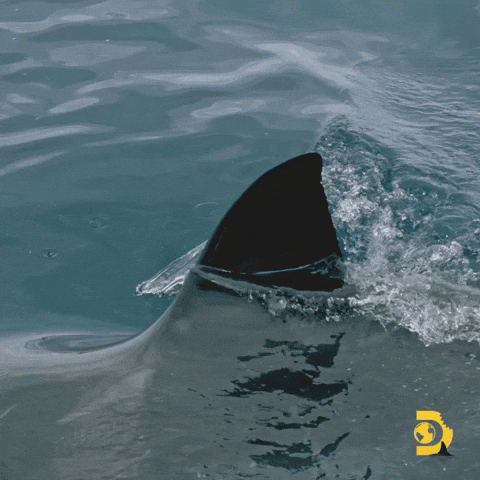Paddy Spence grew up in Cambridge, Massachusetts halfway between mansions on Brattle Street and public housing half a mile in the other direction.
“I saw it all and pretty early on realized where I fit in,” says 49-year-old Spence. “My mom was a single mother who cleaned houses and worked office jobs for a living, and while our household was economically challenged, I still was able to attend a local private school on scholarship and saw how my affluent classmates lived, which was very different than my day-to-day existence.”
For Spence’s mother, however, eating healthy was always a family priority—a priority that would one day make its way into Spence’s work as the CEO of the Zevia beverage line.
“My mom scrimped and saved to buy healthy food for me and for my brother,” he says. “What we try to do at Zevia is let people know that eating healthy doesn't have to be an indulgence. Healthy foods don't have to be more expensive. Yes, our product is more expensive than Diet Coke, but it's embarrassing to say, Diet Coke's cheaper than water. The whole idea that being healthy is not elite is an important value for me and for our company.”
Zevia launched in 2007 as a soda-alternative for health conscious consumers who wanted to avoid added sugars and artificial sweeteners. Today, it’s the 12th best selling diet soda in the world. Crazier still, it’s the only brand among the top 20 that is independent (i.e. not owned by Coca-Cola, Pepsico or Dr Pepper Snapple Group). The company’s sales currently top $100 million.
[quote position="full" is_quote="true"]Once we eliminated sugar from our diet, we felt better immediately.[/quote]
A 24-year veteran of the natural and organic food and beverage industry, Spence served as Kashi’s first head of sales and marketing before founding the leading market research firm for the natural products industry, SPINS. He brought 300,000 natural products to market at SPINS, which led him to purchase Zevia in 2010, a line of Stevia-sweetened sodas.
But long before he took over at Zevia, Spence and his wife quit sugar in 2000 and began using Stevia on a daily basis. In preparation, he kept a food journal for a week and was shocked to learn that despite what he thought was a healthy diet of natural and organic foods, he was getting 250 grams of sugar per day—or 1000 calories just from sugar. The American Heart Association recommends 25 grams per day for women and 37 grams per day for men; if you have yogurt and granola for breakfast, you’re already double your daily intake.
“The primary sources were ostensibly ‘better-for-you’ products like protein smoothies, energy bars and juice-based spritzers,” he says. “Once we eliminated sugar from our diet, we felt better immediately […] and while I wasn’t seeking to lose weight, I lost 10 pounds in the first month, just by eliminating those empty calories from my diet.”
So when Spence saw the small Zevia soda line sitting on the shelf at his neighborhood grocery store, he thought that as a consumer who quit sugar it was his duty to ensure this sugar-free option was brought to the masses.
“In my experience as an entrepreneur,” he says, “it’s critical to start by thinking like a shopper. If I can’t get personally excited about a product […] I won’t try and market it to others.”
Spence is an intensely competitive and enthusiastic human being in all areas of his life; an avid athlete, he’s completed over 40 triathlons and just competed in the Pan American Jiu-Jitsu Championships.
“One of the things I learned early on is that you can be successful by focusing on things that you're good at,” he says matter-of-factly.
Through Zevia, Spence is working hard to make sure being healthy and being satisfied is on everybody’s plate—not just the wealthy. By offering products that contain clean, premium ingredients at an accessible price point, Zevia is working to make healthier options accessible to all shoppers.




















 Music isn't just good for social bonding.Photo credit: Canva
Music isn't just good for social bonding.Photo credit: Canva Our genes may influence our love of music more than we realize.Photo credit: Canva
Our genes may influence our love of music more than we realize.Photo credit: Canva

 Great White Sharks GIF by Shark Week
Great White Sharks GIF by Shark Week